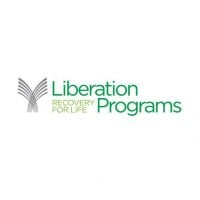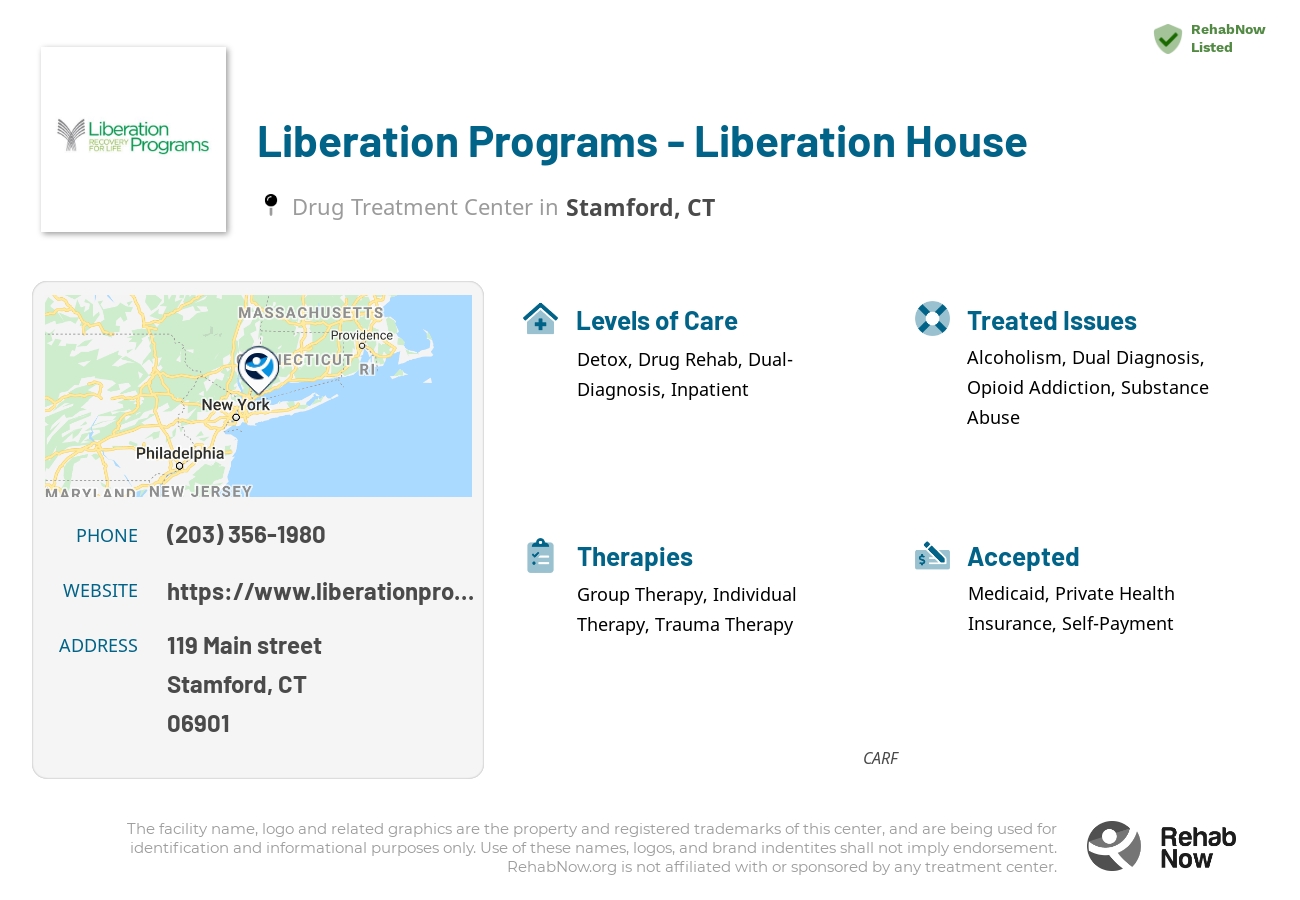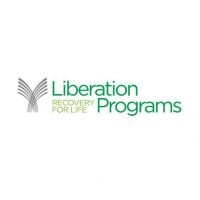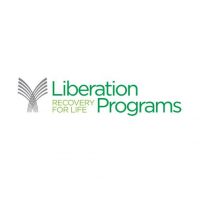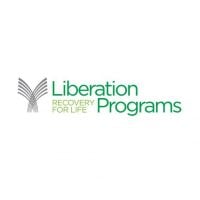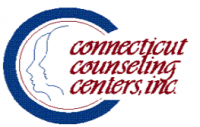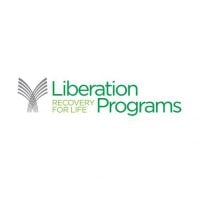Liberation Programs - Liberation House
Drug Rehab Center in Stamford, Connecticut
Liberation House is a 65-bed addiction treatment facility in Stamford, Connecticut that offers personalized detoxification, drug rehab and dual-diagnosis services on an inpatient basis, utilizing evidence-based therapeutic approaches such as cognitive behavioral therapy (CBT), dialectical behavior therapy (DBT) and trauma-informed care, all of which are accredited by CARF and SAMHSA for their high quality of care.
About Liberation Programs - Liberation House in Connecticut
Liberation Programs - Liberation House in Stamford, CT, is a standout treatment center focusing on co-occurring mental health disorder and addiction recovery. Offering 65 beds, its unique approach combines individual restoration with community strengthening. Services cater to over 1,000 individuals daily, providing an extensive range of treatments including outpatient programs and intensive support for adults, youth, and families.
Accredited by CARF and SAMHSA, Liberation Programs - Liberation House meets high-quality standards in addiction and mental health treatment. With a broad spectrum of services including detoxification, rehabilitation, and dual-diagnosis treatment, it’s designed to support individuals towards health and sobriety, six days a week.
- Integrated care is provided for substance use and mental health disorders, emphasizing comprehensive recovery.
- A variety of treatment options includes intensive outpatient programs, medication-assisted treatment, and family therapy.
- Recovery coaches offer personalized support, guiding patients towards self-sufficiency and sustained recovery.
Specializing in the treatment of alcoholism, opioid addiction, substance abuse, and dual diagnosis, Liberation House employs a variety of methods including detoxification, medication-assisted treatment, and dual-diagnosis care to address the unique needs of each individual. With a commitment to fostering hope and wellness, this facility offers both inpatient and outpatient levels of care.
Genders
Ages
Modality
Additional
Accreditations
SAMHSA

CARF
The Commission on Accreditation of Rehabilitation Facilities (CARF) is a non-profit organization that specifically accredits rehab organizations. Founded in 1966, CARF's, mission is to help service providers like rehab facilities maintain high standards of care.
Conditions and Issues Treated
A combination of treatments is often needed to treat drug abuse. Some addictions can be treated with counseling and support groups. In other cases, drug abuse can lead to a medical problem and require medical treatment. Treatment for drug addiction typically combines counseling and psychotherapy with medication and behavioral therapies.
A combination of treatments is often needed to treat drug abuse issues effectively. In the case of drug abuse, there is no easy answer or one-size-fits-all cure.
Opioid addiction has become a significant health problem in the United States. In 2015, there were 91 opioid overdose-related deaths per day, with a substantial increase in mortality rate in 2014.
When opioid addiction has reached a point where a person’s life becomes unmanageable, treatment options are available to help them get sober. Treatment that includes medical care with medications and counseling can help a user transition into sobriety.
When someone in struggles with both addiction and mental or emotional illness, this is considered a dual diagnosis. Dual diagnosis treatment can include therapy for these issues to happen simultaneously, which will allow either of them to be treated effectively.
Sometimes people who have suffered from addiction disorder also suffer from co-occurring disorders such as depression, anxiety, bipolar disorder, etc., making them “dual diagnoses.” Dual diagnoses require specialized treatment programs where drug and alcohol addiction are addressed along with psychiatric illnesses. Some rehabilitation facilities provide patients suffering from cooccurrences a program with highly integrated services and a clean environment with few distractions to help them succeed.
Levels of Care Offered
This center offers a variety of custom treatment tailored to individual recovery. Currently available are Detox, Drug Rehab, Dual-Diagnosis, Inpatient, with additional therapies available as listed below.
One of the first things an addict should do when entering treatment is to abstain from using illicit drugs completely. Depending on the length of time that the person has been using, the addict may have to go through alcohol or drug withdrawal. Fortunately, detox doesn’t have to be done alone, and withdrawal symptoms can be managed medically in an inpatient or outpatient setting. While detox may be uncomfortable, it is not life-threatening. Detoxification allows the addict to rid the body of all traces of drugs or alcohol and gives the addict a clean slate for their recovery.
Inpatient treatment for alcoholism or drug addiction is an option that provides the addict with a supportive environment in which they can stop using. After detox, an inpatient treatment center provides a structured environment for the addict to recover from their addiction and begin taking steps toward a lifetime of sobriety.
This type of treatment is appropriate for addicts that are most in need of intensive care and supervision. This includes those who were unable to quit on their own, those who need more structure than they can get in outpatient treatment, and those whose addiction has led them into legal trouble or severe health problems.
Therapies & Programs
Because no single treatment is effective for all addicts, the goal of treatment and therapy should be to figure out what works best for each individual. Tolerance and withdrawal levels differ from person to person, affecting the treatment intensity required. Addiction treatment should aim to help addicts develop healthy coping mechanisms for dealing with their addiction and its underlying causes.
Couples therapy works with clients and significant others in a professional capacity to improve relationship dynamics. This can be helpful for addicts who are trying to marry the idea of recovery into their work, family, social lives – any aspect that has to do with relationships. Through counseling sessions, addicts will have an opportunity to talk about their addiction with professional partners.
Family therapy is beneficial for people who are in addiction treatment services because it offers addicts the opportunity to work with their family members to better understand what led them to make choices that contributed to their addiction.
This type of therapy helps family members reach a deeper understanding of how they can best support their loved one during recovery. It also helps the addict better understand their own motivations and triggers that led them to turn to substance abuse.
Family therapy can help addicts in the following ways:
- Assists family members in processing difficult feelings so they don’t blame or resent recovering addicts
- Assists family members in understanding how addiction has impacted the addict and everyone who is involved with them
- Allows the addict to take responsibility for their actions, while encouraging improved communication skills
- Helps family members understand how to best support an individual in recovery so addicts don’t relapse again.
Group therapy can help build a stronger support system and give addicts in Stamford, CT insight into their addiction that they gain through shared conversations. Group therapy occurs in a controlled group environment, exclusive of one on one meetings. This makes it safer for patients to feel comfortable sharing the struggles they’re going through and gaining perspective.
Trauma therapy is beneficial for people who are recovering from drug addiction because it helps them heal from past traumas that may have caused them to turn to harmful substances or led them to experience negative emotions that contributed to their destructive behaviors.
This type of treatment works by processing difficult experiences so individuals can learn how to process these events without having to turn to substances for coping.
Trauma therapy can help addicts in the following ways:
- Helps individuals understand their experiences and emotional responses to difficult events, including why they turned to drugs or alcohol
- Provides them with comfort and support while working through difficult emotions related to these traumatic experiences
- Offers an opportunity for addicts to have a voice and be heard, which can improve their self-esteem
- Can help them develop coping skills so they can better respond to triggers instead of turning to substance abuse.
Cognitive-behavioral therapy is a technique that is used to help people with addiction. Specifically, it is a way of identifying thoughts and behaviors that cause the addiction. It is typically used in an individual counseling session.
The content explains cognitive behavioral therapy and how it works to address some behaviors that may be leading to unintended consequences in their life, as well as its benefits for those seeking sobriety.
It works by helping people to talk through their issues and addressing the thoughts that cause said behaviors. It is an excellent way of learning about oneself and one’s perception of the world.
The 12-step program is a common method used to treat addiction. It is successful for many people and includes acknowledging the problem, making changes, and honesty. The program is available in most cities in the United States and helps those addicted to drugs or alcohol achieve sobriety. In this program, peers help each other achieve the goal of abstinence.
The 12 steps dictate that individuals accept that they are addicts and understand the consequences of their addiction. They then work towards recovery and make amends to others they have hurt. The process of cognitive restructuring helps individuals change their negative thoughts into positive ones. The 12-step program provides the benefit of building a support network, which is essential for recovery.
Behavioral therapies, such as contingency management, are widely used to improve drug addiction outcomes. Contingency management is a type of CM that uses rewards to increase desired behaviors, such as abstinence. LPE is a highly effective and low-cost treatment that has been used with populations across the intellectual and developmental spectrum for decades. It is based on the principle that reinforcing desired behavior will increase the likelihood of that behavior occurring again in the future.
LPE has become an integral component of outpatient substance abuse treatment and relapse prevention for both adults and adolescents. It is similar to contingency management programs used in substance abuse treatment, and clinical studies have shown that it can effectively treat drug addiction, reduce the number of days using drugs, and prevent relapse.
Payment Options Accepted
For specific insurance or payment methods please contact us.
Is your insurance accepted?
Ask an expert, call (888) 674-0062
Liberation Programs Associated Centers
Discover treatment facilities under the same provider.
- Liberation Programs - Bridgeport Outpatient Services in Bridgeport, CT
- Liberation Programs - Stamford in Stamford, CT
- Liberation Programs - Outpatient in Stamford, CT
- Liberation Programs - Bridgeport in Bridgeport, CT
- Liberation Programs - Families in Recovery Program in Norwalk, CT
Learn More About Liberation Programs Centers
Additional Details
Specifics, location, and helpful extra information.
Stamford, Connecticut 6901 Phone Number(203) 356-1980 Meta DetailsUpdated April 15, 2024
Staff Verified
Liberation Programs - Liberation House Patient Reviews
There are no reviews yet. Be the first one to write one.
Stamford, Connecticut Addiction Information
Connecticut has a higher rate of substance abuse and addiction than the national average. The state ranks in the top 10 in the country for illicit drug dependence among those ages 18 to 25. In 2010, there were 9,211 people admitted to an alcohol treatment facility for alcohol abuse combined with a secondary drug. Connecticut ranked fifth in the United States of America for the number of fatalities involving drunk driving in 2014.
Stamford also has a higher rate of prescription drug abuse than the rest of the country, with 3.8% of residents reporting non-medical use of prescription drugs in the past month. In Stamford, the most common drugs that are abused include alcohol, marijuana, heroin, and cocaine. Stamford, CT, has many different types of drug treatment facilities available. These include inpatient and outpatient treatment centers, 12-step programs, and detoxification centers.
Treatment in Nearby Cities
- Litchfield, CT (51.5 mi.)
- Windsor, CT (72.4 mi.)
- Bridgeport, CT (20.4 mi.)
- Milford, CT (27.9 mi.)
- Chester, CT (60.3 mi.)
Centers near Liberation Programs - Liberation House
The facility name, logo and brand are the property and registered trademarks of Liberation Programs - Liberation House, and are being used for identification and informational purposes only. Use of these names, logos and brands shall not imply endorsement. RehabNow.org is not affiliated with or sponsored by Liberation Programs - Liberation House.
